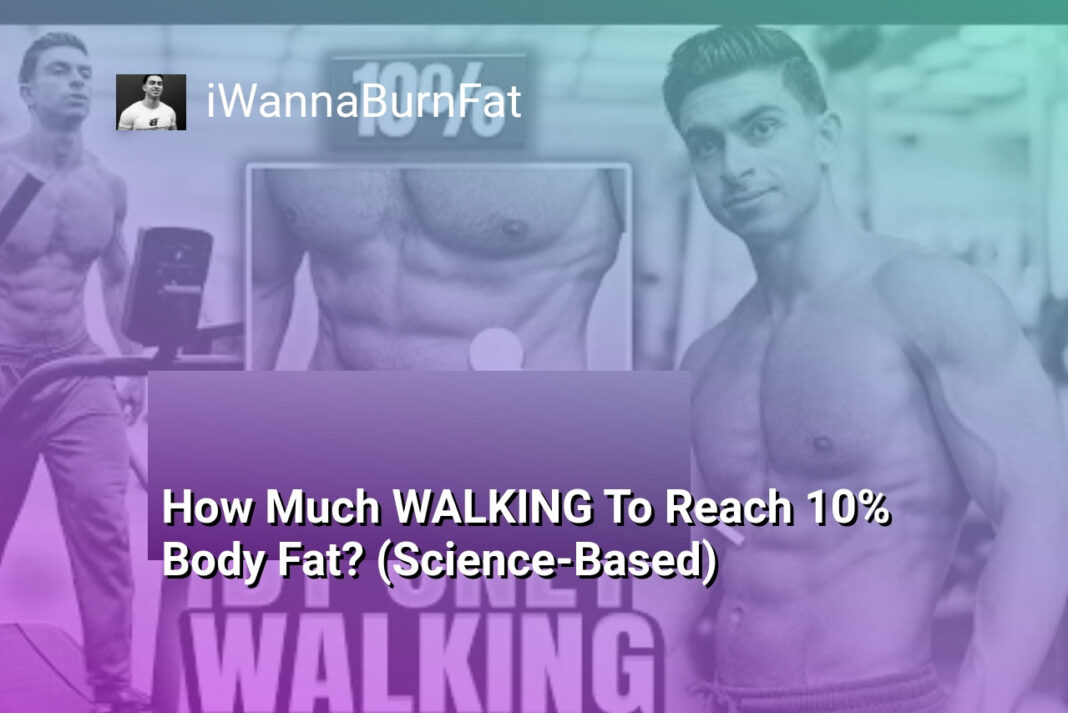The Bottom Line:
- Steroids can build muscle mass much faster than natural methods like creatine, but they come with significant health risks and side effects.
- Many fitness influencers are being more transparent about their steroid use, but this has led to more people using steroids without fully understanding the consequences.
- Steroids can negatively impact the heart, brain, and psychological well-being, including increased anxiety, reduced intelligence, and body dysmorphia.
- Steroid use can also cause physical side effects like hair loss, gynecomastia, testicular shrinkage, and acne, which can be difficult to manage.
- The quality and purity of black-market steroids can be unpredictable, leading to potentially dangerous complications like abscesses and “roid rage.”
The Remarkable Muscle-Building Potential of Steroids
The Transformative Power of Testosterone
When it comes to building muscle, steroids, particularly testosterone, possess a remarkable ability to accelerate the process. The difference in muscle growth between natural and enhanced training is staggering. While a year of dedicated natural training with creatine might yield around 2 pounds of additional muscle, the same period with a standard steroid regimen could result in a remarkable 20-pound muscle gain or more, depending on individual genetics and dosage.
The Heart’s Dilemma: Enlarged and Strained
However, this extraordinary muscle-building potential comes with a significant trade-off. Steroids don’t just target the skeletal muscles; they also affect the heart, a vital muscle responsible for pumping blood throughout the body. As testosterone enters the heart cells, it triggers the DNA to produce a larger heart, specifically the left ventricle. While a larger heart may seem advantageous, this extra bulk actually makes it more challenging for the heart to effectively squeeze and relax, reducing its ability to efficiently pump blood. This increased strain on the heart can ultimately lead to a heightened risk of heart failure.
The Cognitive Consequences: Anxiety and IQ Decline
The impact of steroids extends beyond the physical realm, as they can also have significant effects on the brain. Certain compounds, such as Trenbolone, are known to cause severe anxiety in many users, a side effect that is dose-dependent. Additionally, long-term steroid use has been linked to a decline in cognitive function, with studies showing a reduction in IQ over time. This is a concerning trade-off, as intelligence is a global quality that most individuals strive to preserve and enhance.
The Toll on the Heart: Increased Risk of Heart Failure
The Toll on the Heart: Increased Risk of Heart Failure
One of the most concerning side effects of steroid use is the impact on the heart. When you inject steroids, the testosterone molecules enter not only your muscle cells but also your heart muscle. This causes the heart, particularly the left ventricle, to grow in size and bulk. While a larger heart may seem like a positive, it actually makes it more difficult for the heart to effectively pump blood throughout the body.
The increased size and thickness of the heart wall impairs its ability to relax and contract efficiently. This decreased cardiac output can lead to a dangerous condition known as left ventricular hypertrophy (LVH), where the heart muscle becomes abnormally thick and stiff. Over time, this can progress to heart failure, a serious and potentially life-threatening condition where the heart is unable to pump enough blood to meet the body’s demands.
Studies have shown that steroid users have a significantly higher risk of developing LVH and heart failure compared to non-users. The strain on the heart can be exacerbated by other factors common in steroid users, such as high blood pressure and cholesterol imbalances. As the heart struggles to keep up with the body’s increased demands, it can become weakened and unable to function properly.
The Lasting Damage
The effects of steroid-induced heart damage can be long-lasting, even after discontinuing use. The structural changes to the heart muscle may persist, and the increased risk of heart failure can remain elevated for years. This underscores the importance of understanding the full scope of the cardiovascular consequences associated with steroid abuse.
Monitoring and Management
Regular monitoring of heart health is crucial for those who choose to use steroids. This may include echocardiograms, electrocardiograms, and blood tests to assess cardiac function and detect any early signs of LVH or other heart-related issues. Prompt intervention and appropriate medical management are essential to mitigate the risks and potentially reverse any damage that has occurred.
Ultimately, the toll on the heart is a sobering reminder of the serious health risks associated with steroid use. While the promise of rapid muscle growth may be tempting, the long-term consequences on cardiovascular health must be carefully considered. Responsible decision-making and open communication with healthcare professionals are key to navigating the complex and often underestimated impacts of steroid use.
Psychological Impacts: Anxiety, Intelligence Decline, and Body Dysmorphia
Anxiety and Cognitive Decline
Steroid use can have a significant impact on an individual’s psychological well-being. One of the most commonly reported side effects is increased levels of anxiety. The severity of this anxiety can vary depending on the specific steroid compound used, with some, like Trenbolone, causing much more pronounced anxiety than others. This heightened anxiety can be a debilitating experience, making it difficult for users to function normally in their daily lives.
In addition to the psychological impacts, steroid use has also been linked to cognitive decline. Studies have shown that long-term steroid users can experience a decrease in their overall intelligence, as measured by IQ tests. This decline in cognitive function can have far-reaching consequences, affecting an individual’s ability to make decisions, problem-solve, and engage in complex mental tasks.
Body Dysmorphia and the Cycle of Dependence
Another psychological impact of steroid use is the potential development or exacerbation of body dysmorphia. Many individuals turn to steroids in the hope of achieving a specific physical appearance, but the results may not always align with their expectations. This can lead to a distorted perception of one’s own body, causing the individual to become increasingly dissatisfied and obsessive about their appearance.
The cycle of dependence can be particularly challenging for those struggling with body dysmorphia. As users lose the muscle mass gained from steroid use after discontinuing the drugs, they may feel even smaller and less satisfied with their appearance than before. This can lead to a strong desire to resume steroid use, perpetuating the cycle and making it increasingly difficult to break free from the addiction.
The Psychological Toll of Steroid Use
The psychological impacts of steroid use extend far beyond the physical changes. The increased anxiety, cognitive decline, and body dysmorphia can have a profound effect on an individual’s overall well-being, impacting their relationships, career, and quality of life. It is essential for those considering or engaging in steroid use to be aware of these potential psychological consequences and seek appropriate support and guidance to navigate the complexities of this issue.
Unwanted Physical Changes: Hair Loss, Gyno, and Testicular Shrinkage
The Psychological and Hormonal Consequences of Steroid Use
Steroid use can have profound effects on both the body and the mind. One of the most significant issues is the impact on hormone levels, particularly testosterone. When exogenous testosterone is introduced, the body’s natural production of this vital hormone can be severely disrupted.
Testicular Shrinkage and Testosterone Suppression
As the body senses an abundance of testosterone from the external source, it responds by reducing its own production. This can lead to a noticeable shrinkage of the testicles, as they essentially “shut down” their natural testosterone-producing capabilities. This suppression of the body’s endogenous testosterone can persist even after steroid use is discontinued, requiring long-term hormone replacement therapy for some individuals.
Hair Loss and Gynecomastia
Steroid use can also trigger other unwanted physical changes. The conversion of testosterone to dihydrotestosterone (DHT) can accelerate hair loss, leading to premature balding in many users. Additionally, the aromatization of testosterone into estrogen can cause the development of gynecomastia, or the growth of breast tissue in men, a condition that often requires surgical intervention to correct.
These hormonal imbalances and their physical manifestations can have a significant impact on an individual’s self-image and mental well-being. The psychological toll of these changes should not be underestimated, as they can contribute to body dysmorphia, anxiety, and depression in some steroid users.
Lesser-Known Risks: Abscesses and Roid Rage
Abscesses: The Hidden Hazard of Steroid Injections
One of the lesser-known risks associated with steroid use is the development of abscesses. These painful, localized infections can occur at the injection site, often due to contaminated or improperly stored gear. As the bodybuilder mentioned, he has personally experienced hospitalization for a severe, non-infectious abscess that caused significant swelling and discomfort. This highlights the importance of using sterile techniques and ensuring the quality of the substances being injected. Abscesses can require medical intervention, including drainage and antibiotic treatment, and can lead to long-term complications if left untreated.
Roid Rage: The Dark Side of Steroid-Induced Aggression
Another often-overlooked consequence of steroid use is the phenomenon known as “roid rage.” While the term may be somewhat sensationalized, the underlying issue is very real. Steroids can have a profound impact on the brain, leading to increased aggression, irritability, and even violent thoughts. As the expert mentioned, these psychological effects can be disturbing, with the constant presence of aggressive impulses becoming a burden to manage. This heightened aggression can strain personal relationships and lead to impulsive, regrettable actions. Understanding and addressing the potential for roid rage is crucial for those considering or engaging in steroid use.
The Psychological Toll: Body Dysmorphia and Dependency
Beyond the physical side effects, steroids can also take a significant psychological toll. The bodybuilder discussed how the pursuit of an idealized physique can lead to body dysmorphia, where individuals are never satisfied with their appearance, even after achieving substantial muscle growth. This can create a vicious cycle of continued steroid use, as users seek to attain an unattainable standard. Additionally, the dependence on steroids to maintain their enhanced physique can make it extremely difficult for users to stop, leading to a lifelong reliance on these substances. Addressing the psychological aspects of steroid use is crucial for ensuring long-term well-being and preventing a downward spiral of body image issues and addiction.





